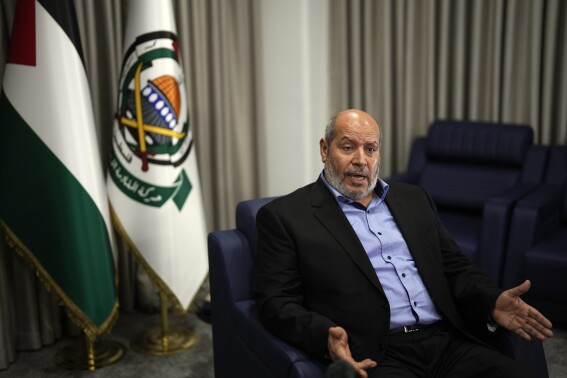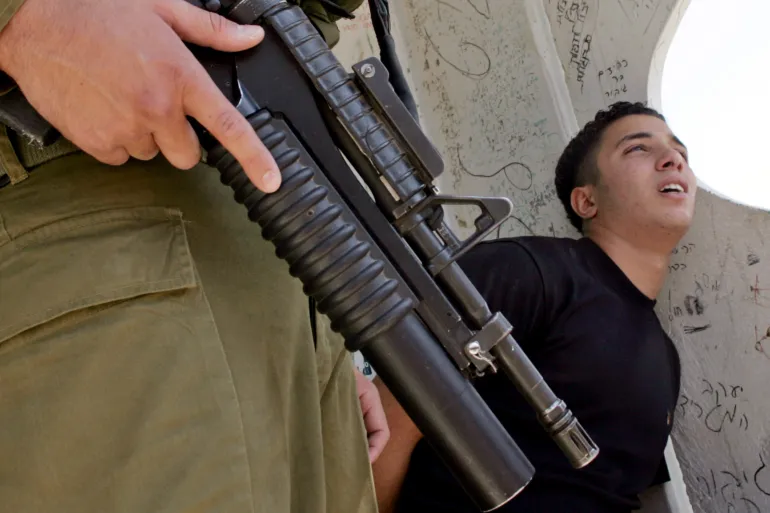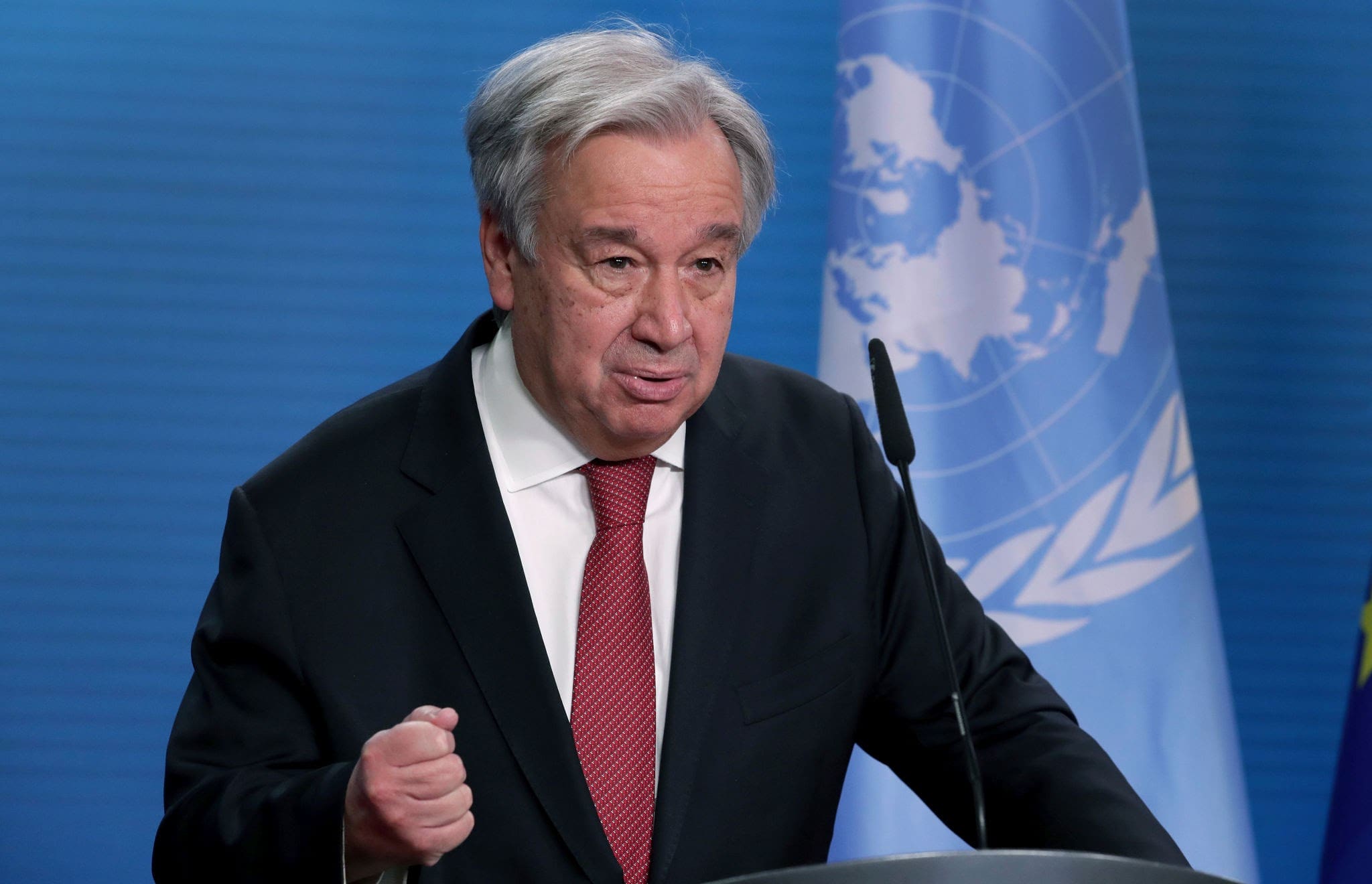The situation in Gaza is complex and involves multiple actors, including Israel, Egypt, Hamas, and the Palestinian Authority (PA). Here’s a detailed breakdown based on the provided information and additional context:
Historical Control of Rafah Crossing:
- 1982-2005: Under Israeli and Egyptian control, open to people and goods.
- 2005: Operated by PA, Egypt, and the UN after Israel’s disengagement from Gaza.
- 2006-2007: Partially closed due to terror attacks and kidnappings by Palestinian factions and Hamas.
- 2007-2011: Closed after Hamas took control of Gaza.
- 2011-2013: Open to people following the Egyptian revolt.
- 2013-2017: Closed after Al-Sisi’s rise to power in Egypt.
- 2017: Open to people after PA-Hamas agreement.
- 2018: Partially open to people and goods.
- 2019: Open to people and goods.
- 2020-2021: Closed following COVID-19 and Hamas violations.
- 2021-2024: Periodically open and closed due to Hamas terror activities and other security concerns.
Kerem Shalom Crossing:
Throughout the years, goods have consistently entered Gaza via the Kerem Shalom crossing with Israel. Since 2018, goods have also entered from Egypt.
Blockade and Movement Restrictions:
Israel has imposed a blockade on Gaza since 2007, citing security concerns, especially after Hamas, a designated terrorist organization, took control. This includes strict regulations on the movement of people and goods into and out of Gaza, affecting the humanitarian situation. Egypt has also imposed its own restrictions on the Rafah crossing, influenced by its security concerns and political dynamics.
International Perspective:
Various international bodies and human rights organizations view the blockade as a form of collective punishment, severely impacting the civilian population in Gaza. The UN and other organizations have described Gaza as an “open-air prison” due to these restrictions. The argument that Hamas and Egypt are also responsible for the situation is supported by the fact that Egypt controls the Rafah crossing and has imposed its own restrictions. Hamas’ governance in Gaza has also led to internal issues and conflicts with the PA and Israel.
Political and Security Dynamics:
The security situation in Gaza is complex, involving frequent conflicts between Hamas and Israel. This includes rocket attacks from Gaza and retaliatory strikes by Israel, contributing to the ongoing tension and justifications for the blockade. The political relationship between the PA and Hamas, along with external influences from Egypt and other regional actors, further complicates the situation.
In Conclusion:
While Israel is often blamed for the blockade and its impact on Gaza, the situation involves multiple layers of responsibility, including actions by Hamas, Egypt, and other Palestinian factions. The blockade and restrictions have significant humanitarian impacts, and the international community continues to debate the roles and responsibilities of the involved parties.






